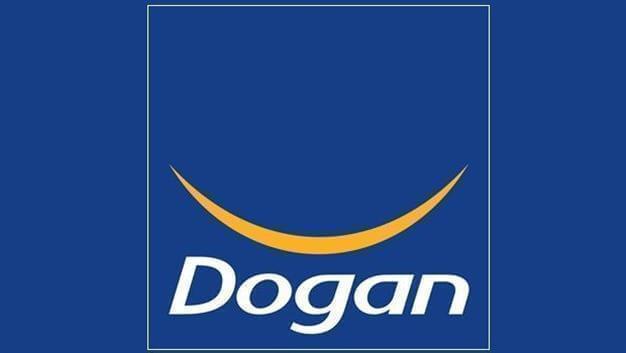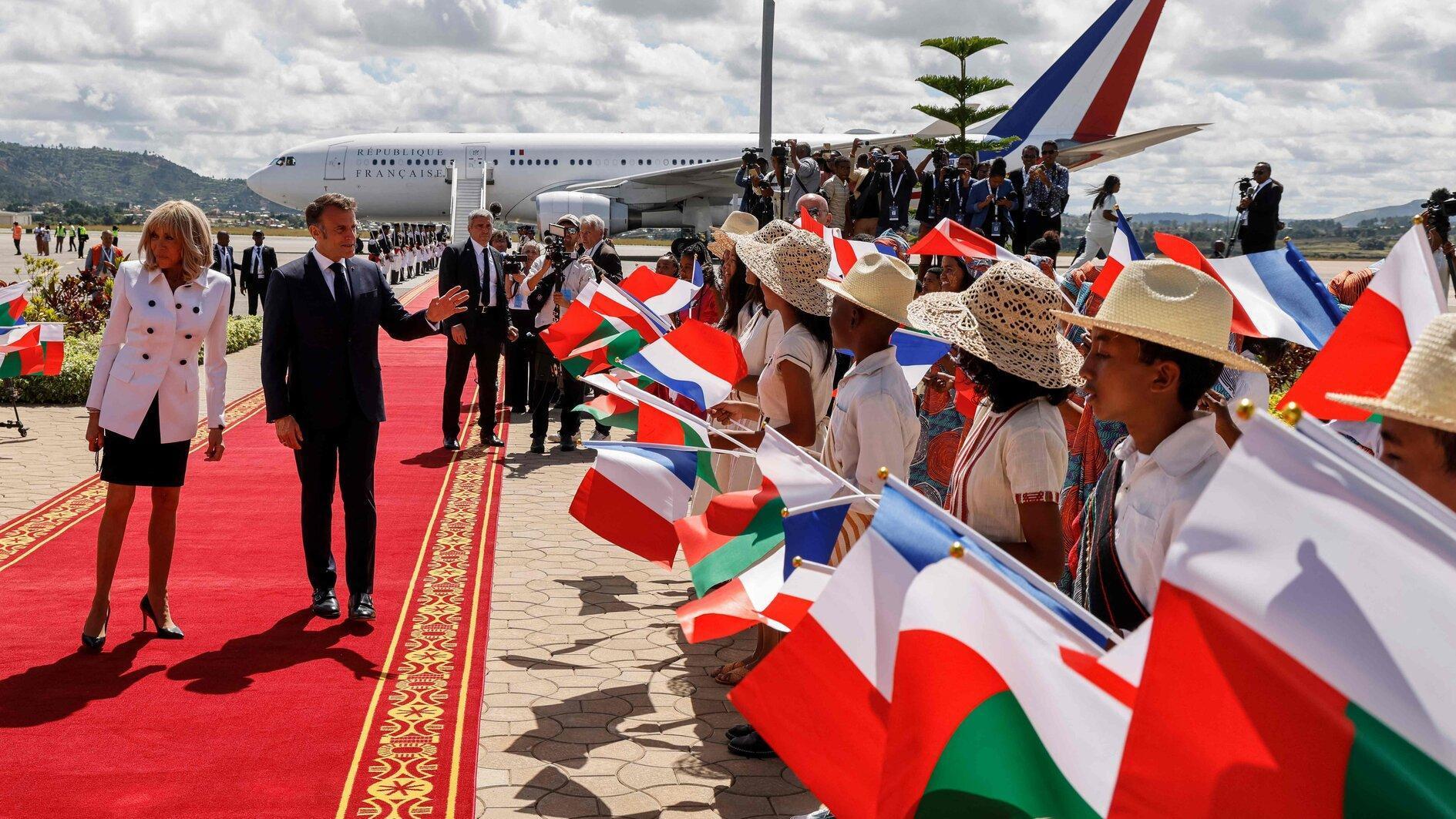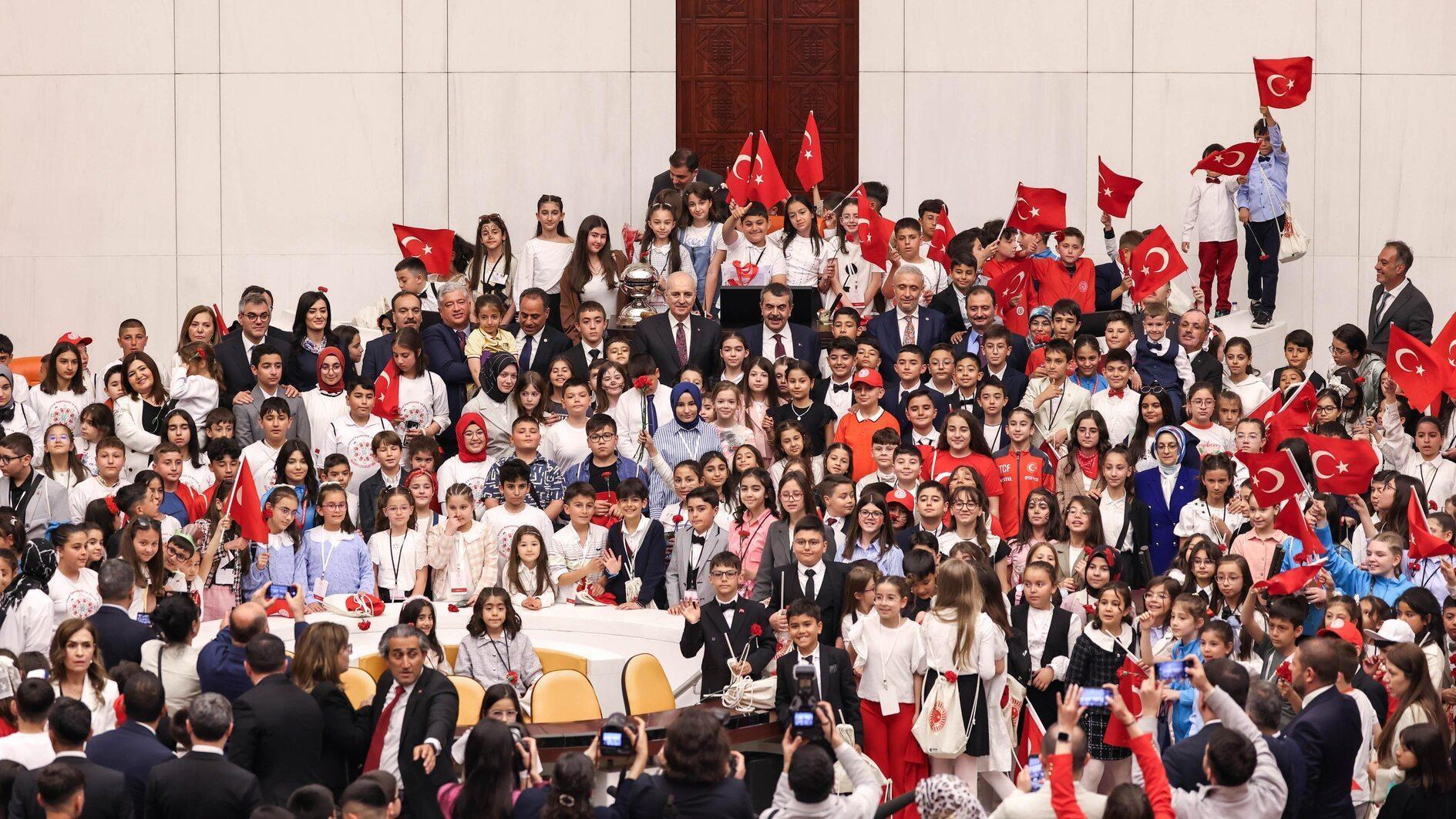Doğan Holding rejects ‘baseless’ accusations
ISTANBUL
 Doğan Holding has categorically denied accusations against the group and honorary chairman Aydın Doğan, saying the indictment made public on March 17 “is a new example of judicial oddities in our country.”
Doğan Holding has categorically denied accusations against the group and honorary chairman Aydın Doğan, saying the indictment made public on March 17 “is a new example of judicial oddities in our country.”“This indictment will go down in our judicial history as a document that testifies to the corrosion of the notion of the law in our country,” said a statement issued on March 17 by Ahter Kutadgu, the deputy president of Doğan Holding responsible for corporate communication.
“Pushing the limits of the law in such a way, unfortunately, weakens society’s trust in justice,” it added.
The statement came a day after it was revealed that a Turkish prosecutor indicted 47 top executives of one of Turkey’s biggest holdings, its biggest lender, and one of Europe’s biggest energy companies, on “organized crime” charges, based on allegations strongly refuted on several occasions in the past.
The indictment seeks 24.5 years in jail each for Doğan Holding Honorary Chairman Aydın Doğan and İşbank Board Chairman Ersin Özince on accusations of “establishing an organization for the purpose of criminal activity” and “violating the anti-smuggling law.” Other figures including Doğan Holding Vice Chairwoman Hanzade Doğan Boyner, board member İmre Barmanbek, İşbank General Manager Adnan Bali, OMV Deputy Chairman David Davies, and OMV board member Manfred Leitner are accused of being members of the illegal organization.
The indictment is the result of a probe launched back in 2008 based on allegations from a secret informant. The probe gathered pace last year amid a campaign by pro-government media targeting Doğan Holding and Aydın Doğan, as just one prominent example of rising judicial pressure on the business world in Turkey.
Doğan Holding owns the Doğan Media Group, of which the Hürriyet Daily News is a part.
Prosecutors launched an investigation into the Doğan Media Group last September for alleged “terrorism propaganda,” using newspaper and television stories as evidence.
In 2009, Doğan Holding was fined $3 billion by the government on claims of unpaid taxes, in a move considered by many to be politically motivated. The fine drew major criticism from the European Union and the United States.
Meanwhile, Yiğit Bulut, an aide to President Recep Tayyip Erdoğan, called in January 2016 for the nationalization of İşbank.
The accusations in the case date back to between 2001 and 2008 when Doğan Holding and İşbank, and later OMV, were stakeholders in fuel distributor Petrol Ofisi.
Although the details of the accusations regarding Petrol Ofisi remain unclear, they are reportedly linked to claims of tax evasion in oil products imports.
Doğan Holding has categorically denied the accusations on several occasions, giving detailed accounts answering apparent claims.
In addition, neither Aydın Doğan nor Özince have ever held a position at Petrol Ofisi.
“The oil products imported by POAŞ in that time span, regardless of their country of origin, were exempt from customs tariffs. The only tax to be paid is the Value Added Tax [VAT], which is paid by the end user. In this case, the end users are the distributors and they should be paying the VAT, not POAŞ. Hence, the claims of customs tariffs and VAT are totally fictitious and unreal,” Doğan Holding said in its statement on March 17.
“We belief that our noble judiciary will make a ruling suitable to the law and conscience by taking these facts in to consideration,” it added.
Similar accusations against the Doğan Group were also investigated in the past.
“The Capital Markets Board [SPK] reviewed imports worth a total of over $6 billion made by POAŞ between 2001 and 2007 in 1,423 cargoes and found no irregularities in its report dated March 19, 2010,” Doğan Holding said in another statement last October.
“A report prepared by customs inspectors on the same subject claimed that there was a difference of $6.3 million between the declared and the actual tax basis. But this difference stems from the VAT,” it added.
In a written statement issued on July 28, 2015, when accusations regarding POAŞ reappeared in the pro-government media, Doğan Holding said the judicial process “based on inconsistent, deficient and wrongful reports, and calling all local and foreign board members to the courthouses to testify as suspects, threatens the country’s judicial credibility. The probe is also an example of a situation that paints a very negative picture to foreign investors regarding judicial credibility.”
















